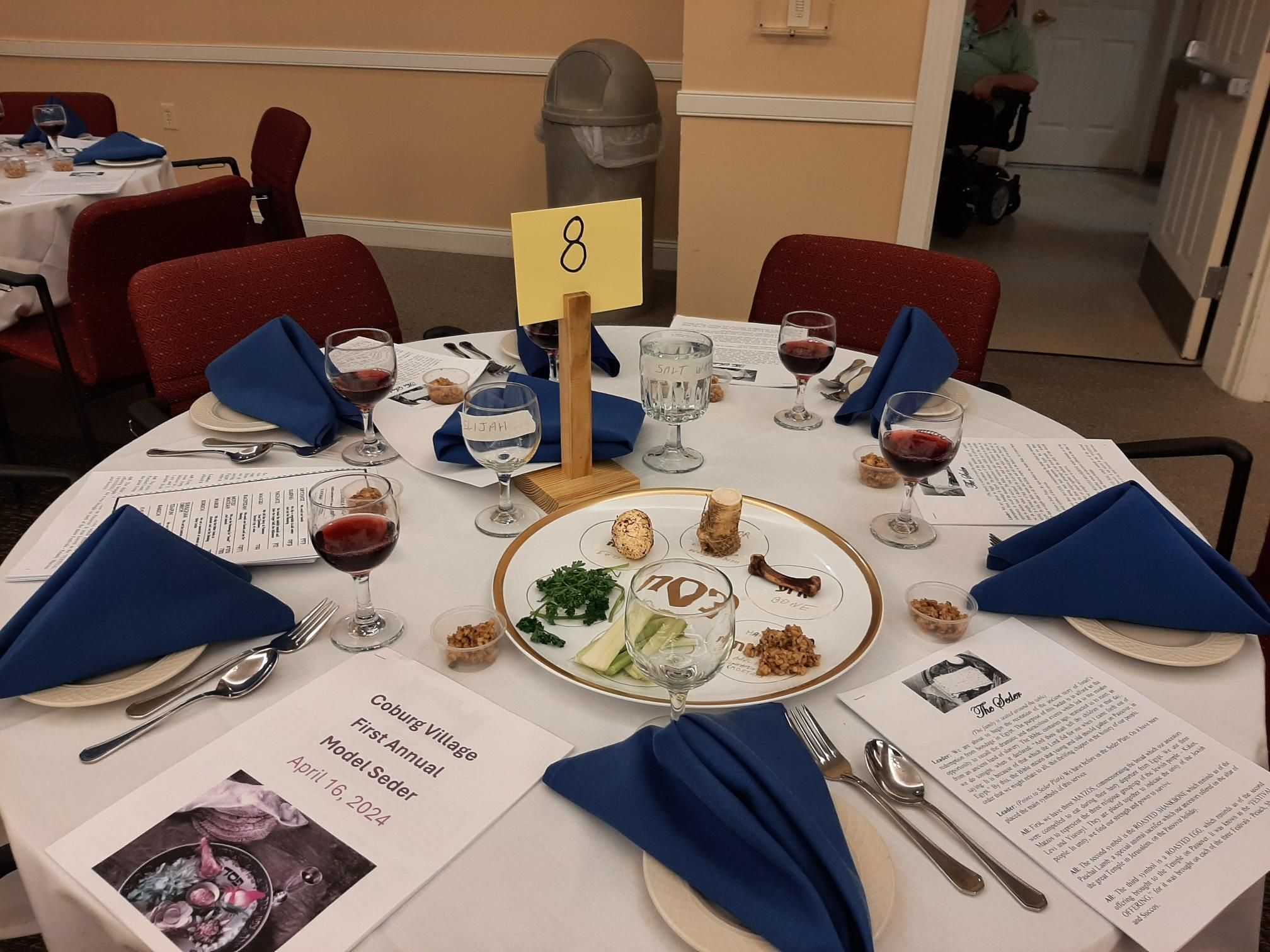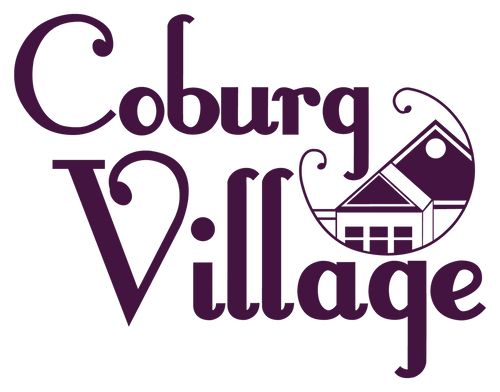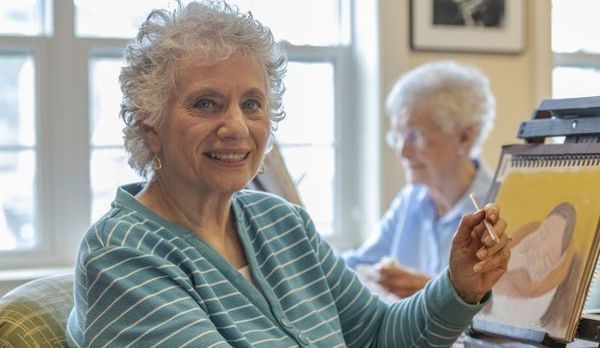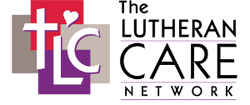
Coburg Village Holds a Model Seder Open to Residents of all Faiths.
Passover begins at sundown on Monday, April 22nd. Passover, or ‘Pesach’, in Hebrew, is one of the most celebrated of Jewish holidays, and it relates the biblical account of the Israelites’ path to freedom from 400 years of Egyptian slavery. Jews observe the weeklong holiday with a number of important rituals, including a traditional Passover Seder, which is held on the first and second evenings of the holiday.
On Tuesday, April 16th, eighty Coburg residents attended a Model Seder open to residents of all faiths. The gathering was organized by residents Natalie Oshins and Reeva Nowitz. The word ‘Seder’ means ‘order’, and is called such because the story being told follows a certain order that takes the participants through The Exodus from slavery to freedom. Participants at the seder read from a special book called ‘The Haggadah’, (‘the telling), and these symbolic foods are put on the Seder Plate, which helps to tell the story:
Beitzah: The roasted egg is symbolic of the festive sacrifice made in biblical times. It is also a symbol of spring, the season in which Passover is always celebrated.
Chazeret: Celery or lettuce is used as a bitter herb.
Zeroa: The shank bone is symbolic of the Paschal lamb offered as the Passover sacrifice in biblical times.
Charoset: This is a mixture of chopped apples, nuts, spices, honey and wine that is symbolic of the mortar used by the Hebrew slaves to build the Egyptian structures.
Karpas: Parsley that is dipped into salt water, symbolic of the tears that were shed during Egyptian slavery.
Maror: Bitter herbs (usually horseradish) to symbolize the bitterness of the Egyptian slavery and is eaten by itself and then together with the Charoset; to reduce its sharpness.
Matzah, the unleavened bread, (one of the main symbols for the holiday), is eaten during the whole eight days of the holiday. The matzah is a reminder of how our ancestors had to leave Egypt in such haste that the dough for their bread did not have time to rise.
As part of the Lutheran Care Network, Coburg Village offers spiritual and emotional support to residents of all faiths. Residents come from varied faiths and diverse backgrounds and share their experiences to create a richly vibrant and thoughtful community.
Located in Rexford, New York, Coburg Village offers carefree, maintenance retirement living in a warm, welcoming community. We offer one- and two-bedroom apartments and cottages. There is no buy-in or entry fee.


